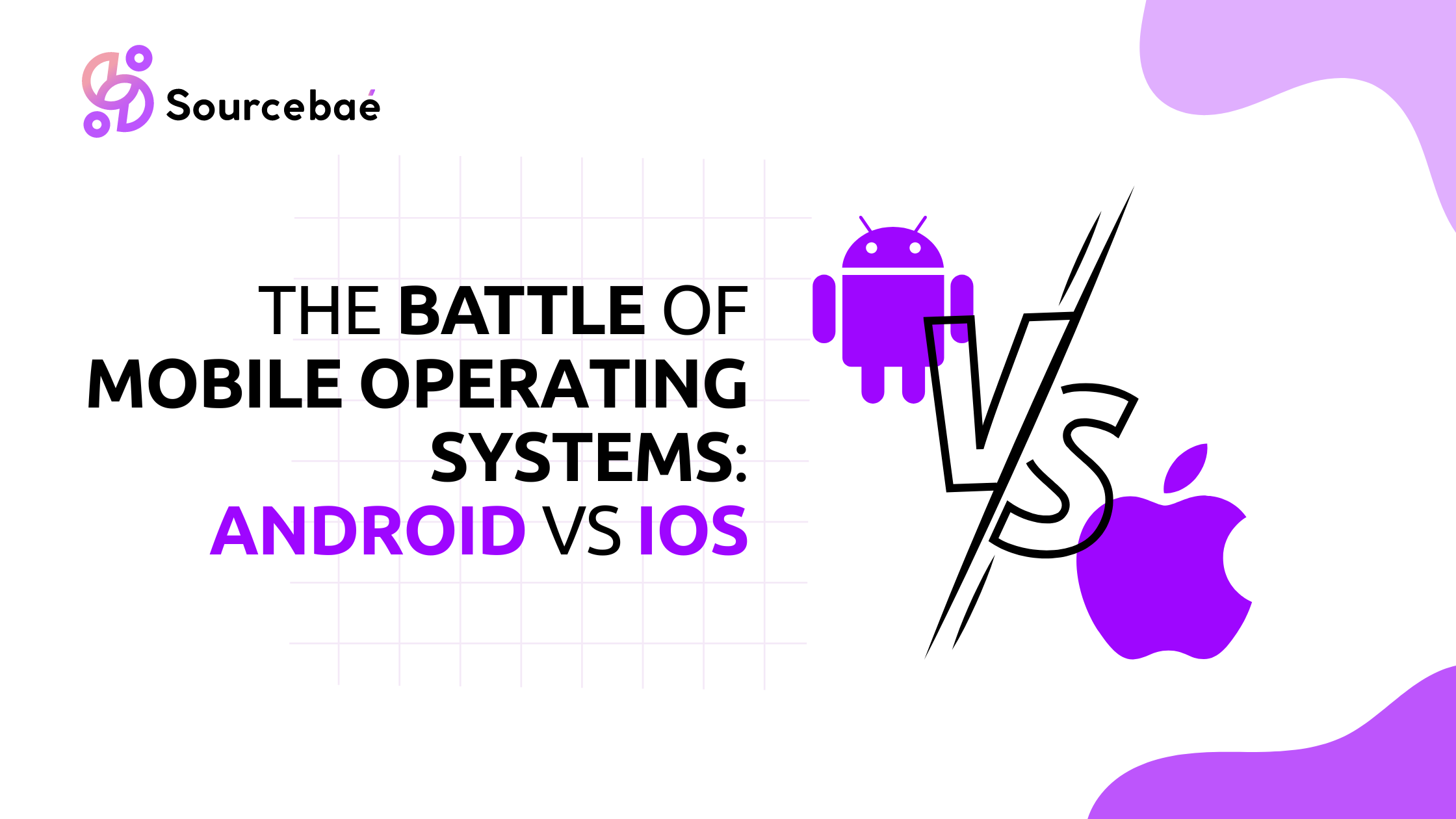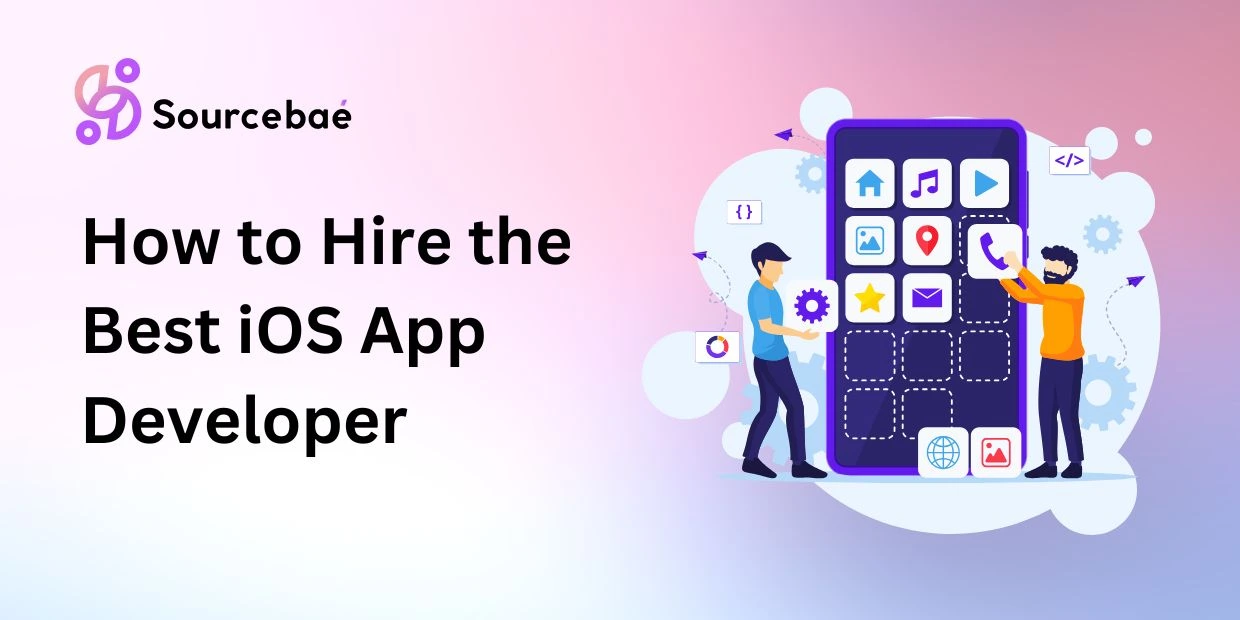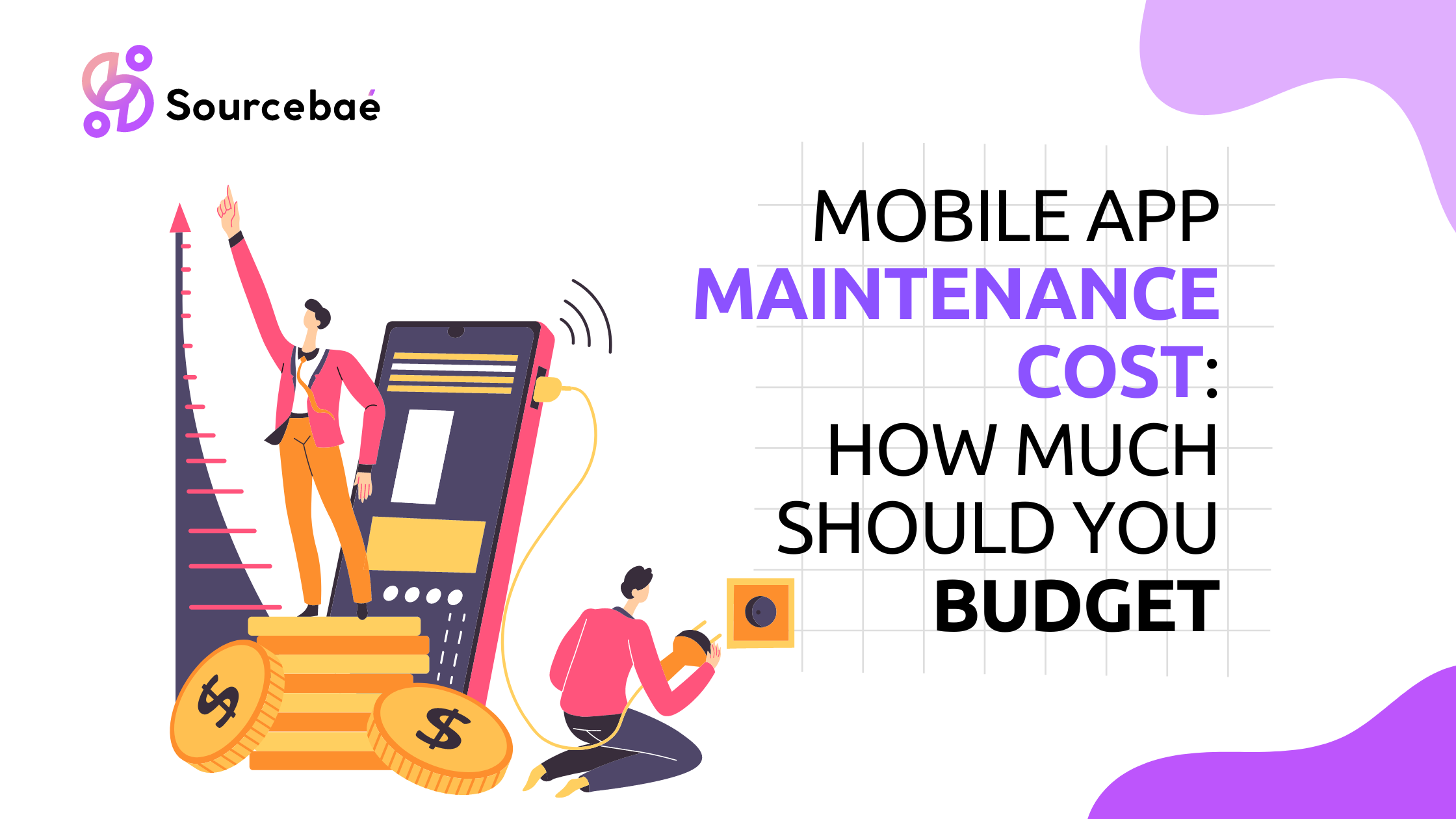Mobile operating systems have come a long way since the inception of smartphones. Two major players, Android and iOS, have been dominating the market for a while now. Choosing between the two can be quite challenging, given that they offer different user experiences and features. In this article, we’ll compare Android and iOS to help you make an informed decision.
Customization
One of the major differences between Android and iOS is the level of customization. Android is open-source, meaning that developers can modify the code and create custom ROMs. This makes it possible to customize every aspect of the operating system, from the interface to the core functionalities. In contrast, iOS is a closed system that restricts customization. While you can change wallpapers, rearrange icons, and add widgets, you can’t make significant changes to the user interface or core functionalities.
App Store
Another important aspect to consider is the app store. Both Android and iOS have their own app stores, Google Play Store and Apple App Store, respectively. The Google Play Store has more apps available, including some that are not available on the App Store. However, the App Store has a better quality control system, ensuring that all the apps are safe and secure to download.
Security
Speaking of security, iOS is known for being more secure than Android. This is because Apple has strict guidelines for developers and a closed system that makes it difficult for hackers to penetrate. On the other hand, Android is more susceptible to malware attacks due to its open-source nature. However, this doesn’t mean that Android is inherently insecure. By taking some basic precautions like downloading apps only from trusted sources and keeping the operating system updated, you can ensure the security of your device.
Hardware Compatibility
One of the advantages of Android is its hardware compatibility. Android runs on a wide range of devices from different manufacturers, giving users more choices in terms of form factor, price range, and specifications. In contrast, iOS runs only on Apple devices, which are known for their premium prices.
User Experience
When it comes to user experience, both Android and iOS have their own strengths. Android offers more freedom in terms of customization and flexibility, while iOS provides a more polished and cohesive experience. It ultimately comes down to personal preference.
Conclusion
In the end, the choice between Android and iOS boils down to your priorities. If you prioritize customization, hardware compatibility, and flexibility, Android may be the better option. On the other hand, if you prioritize security, quality control, and a polished user experience, iOS may be the way to go. Whichever you choose, both Android and iOS have their own unique strengths and weaknesses that can make for a great mobile experience.
Ready to expand your team with top-tier talent? Let us help you find the right developer for your needs.






